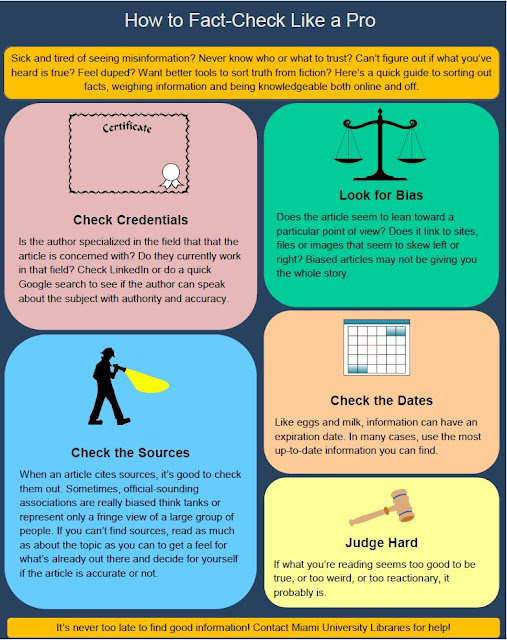In the last few weeks in the midst of a pandemic, I've been amazed by people disbelieving what I thought was obvious. And backed by almost all countries, scientists, doctors, ... Not only that, they had arguments as to how all of those people were wrong and they were right. That's because some of them had originally had another opinion and ow changed it. So no one knew anything. And Yet, somehow they did. Many of these were in my mind intelligent, rational people in almost every aspect of their lives. Except when it came to objectively make decisions which had a political or religious tinge to it. And while they all maintained that they were objective, they were mostly unable to cite any data and mostly based their thinking on either partisan television or radio or social media. I was baffled. How can this happen.
It seemed like the fountain of all knowledge is also the fountain of ignorance. You can find almost every belief you want. And even when you have no beliefs, based on your leanings, the ubiquitous search engines will find you things that map to your way of thinking.
The question is how interested are you in learning the facts or the truth. If you are, you can find it relatively easily by ensuring that the source of you data is non-partisan and has no agenda. Another way of ensuring that the data you are using is by checking out the data provided by both sides and coming to your own conclusion. Typically partisan media will use selective data to try to make their point. Expanding the selection and ignoring the conclusions while making your own almost always leads you to the objective truth. And only if you objectively without any firm opinions and with a willingness to change them based on the data.
Two very interesting talks gives an insight into our behavior, our thinking and our illusions.
Why do we believe things that aren't true?
Philip Fernbach
It seems like we're living in an epidemic of false belief. Clearly the other side just doesn’t have all the facts, right? Or are they really that stupid? In this fascinating and hilarious talk, cognitive scientist Philip Fernbach peels back the layers of what we really know and reveals some surprising truths about the human mind.
The Knowledge Illusion
Kyle interviews Steven Sloman, Professor in the school of Cognitive, Linguistic, and Psychological Sciences at Brown University. Steven is co-author of The Knowledge Illusion: Why We Never Think Alone and Causal Models: How People Think about the World and Its Alternatives. Steven shares his perspective and research into how people process information and what this teaches us about the existence of and belief in fake news.


No comments:
Post a Comment